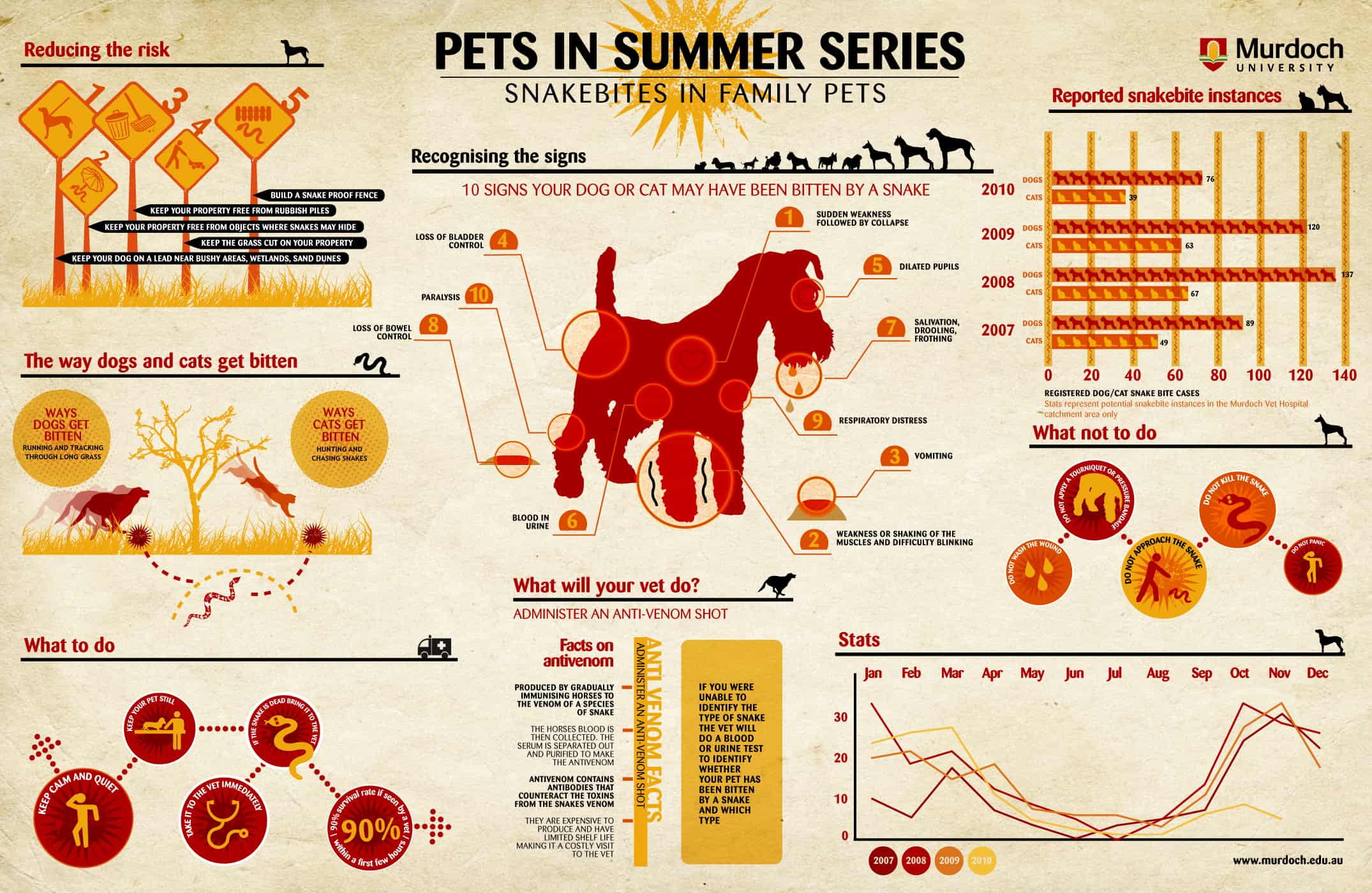Many pets enjoy day care and are happy to be with their hair siblings all day. Nonetheless, for some dogs it can be difficult.
Look for a facility with certified fitness instructors and behaviorists that get on the flooring in any way times, monitoring the group play. This is particularly crucial for pets who are reactive, display source securing or become antisocial or obsessive.
1. Congestion
For lots of pets, daycare is a positive experience that offers physical and psychological workout to burn pencil up power. However, the influx of new pet dogs, scents and settings can be frustrating for some dogs.
Dogs ought to be paired with other pet dogs that are comparable in dimension, age, socializing and play design to make certain safety and prevent overstimulation. However, overcrowding is common at canine childcares and can trigger individuality clashes and harassing that cause injuries.
Ask what precaution the center requires to maintain your dog secure. As an example, exists an outdoor space for dogs to escape the crowds? Does the facility have routine breaks for your puppy to soothe their nerves? Ask what type of first aid and CPR training workers have and if they recognize with providing medicine to your canine. Likewise, it is very important to make certain your pet dog's food and medicines are in an identified bag that day care staff can quickly access.
2. Changes in routine
Completion of summer season is coming and with it comes large modifications as youngsters go back to school and people go back to their job timetables. This can be difficult for your puppy. They'll miss all the hiking and play you do with each other and might begin to really feel bored. Their actions may alter too, such as excessive barking or destructive actions.
Pet dogs like routine, so a sudden change in their day-to-day routine can cause them stress. See to it to intend ahead and gradually alter your feeding and stroll times in the weeks leading up to back-to-school. This will certainly help your dog accommodate to their brand-new routine and decrease any undesirable habits.
Daycare is an excellent means for canines to get a lot of physical and psychological exercise, specifically if they are young or energised. They also obtain socializing experiences that will construct self-confidence and good behaviors, which can help them cope with the anxiousness they may experience from points like journeys to the vet, brows through to your office or home and other demanding events.
3. Separation anxiousness
The drop off and get process can be a little bit stressful for pets, particularly when it's the first time. Several canine daycares use a consistent day-to-day routine, and over time this assists pets really feel comfortable and safe and secure while they're away from their proprietors.
Structured playtime, structured pause and routine treat times all assist dogs establish a sense of experience and predictability. This, combined with favorable reinforcement, assists ease splitting up anxiety signs and symptoms.
Socialization likewise keeps pet dogs physically and psychologically busy, which can make them less responsive to stressors when they're home. This, in addition to positive support, helps to minimize anxiousness and boost self-worth.
4. Unsupervised play
Pets that are not socialized consistently can become anti-social-- this is commonly seen as dog aggression. This can happen even in a well-managed childcare setting, so make sure to see the canines meticulously. Look for a proportion of 11 or much less dogs to flooring individuals. Staff must be playing and connecting with the canines, not resting at their workdesks or staring at their phones.
The facility must have a silent area where the pet dogs can loosen up and recharge between play sessions. This is specifically important for high-energy breeds that require to burn extra energy or low-energy older pet dogs.
Ask the overnight boarding for dogs near me team what they do to keep the canines soothe. They need to use positive reinforcement (appreciation, stroking, play) and never use physical punishment or aversives. They must additionally be trained in animal first aid and mouth-to-mouth resuscitation. Last but not least, the facility ought to have an efficient method for feeding times to stop food aggression.
